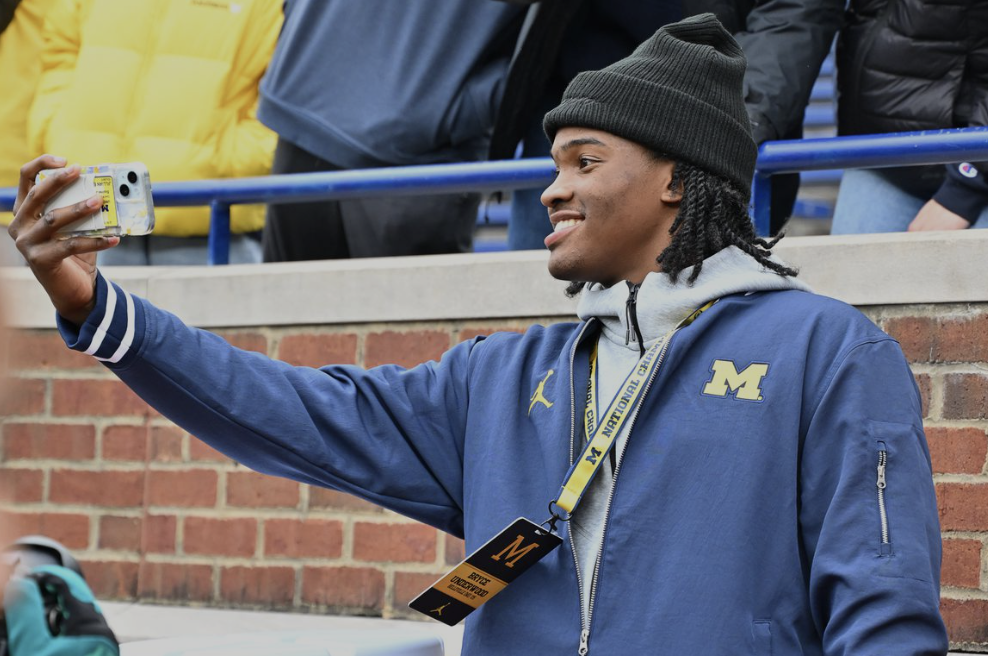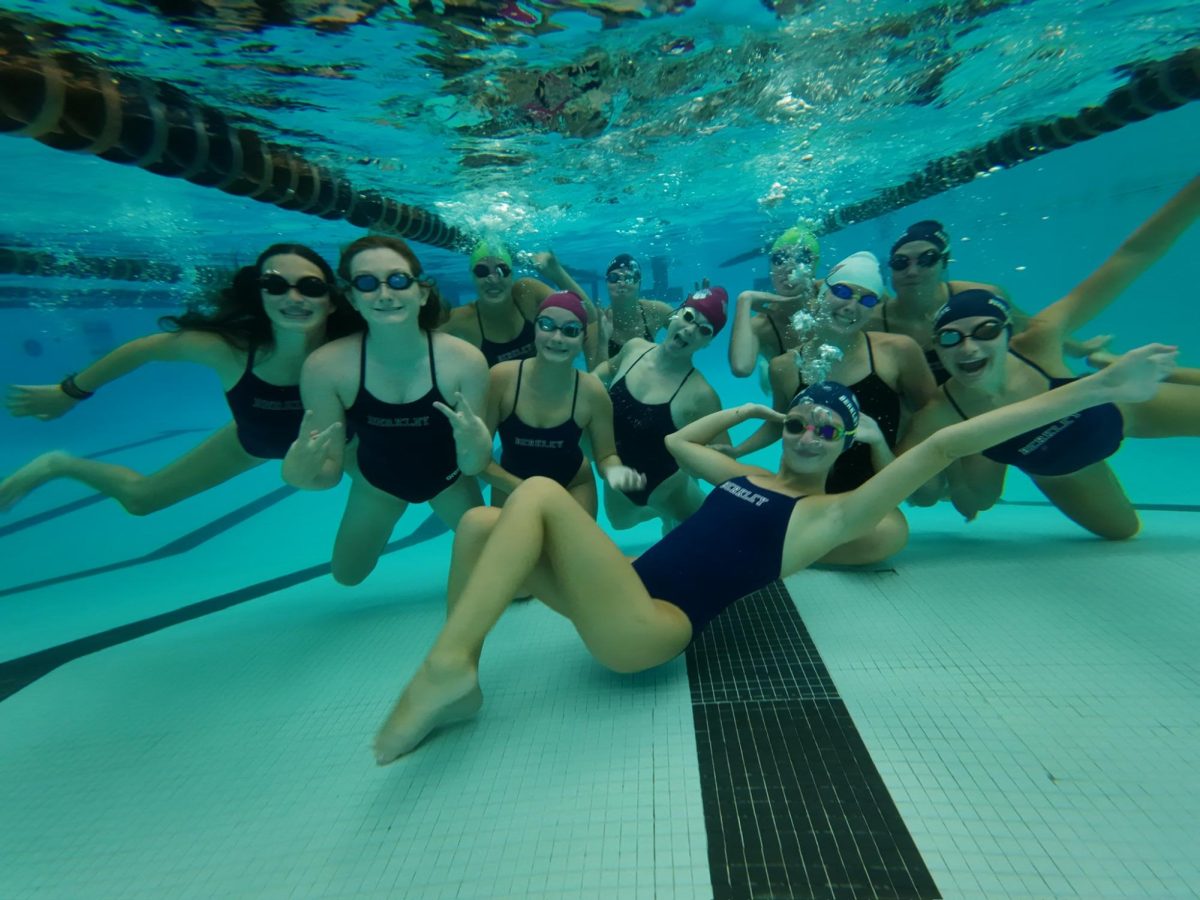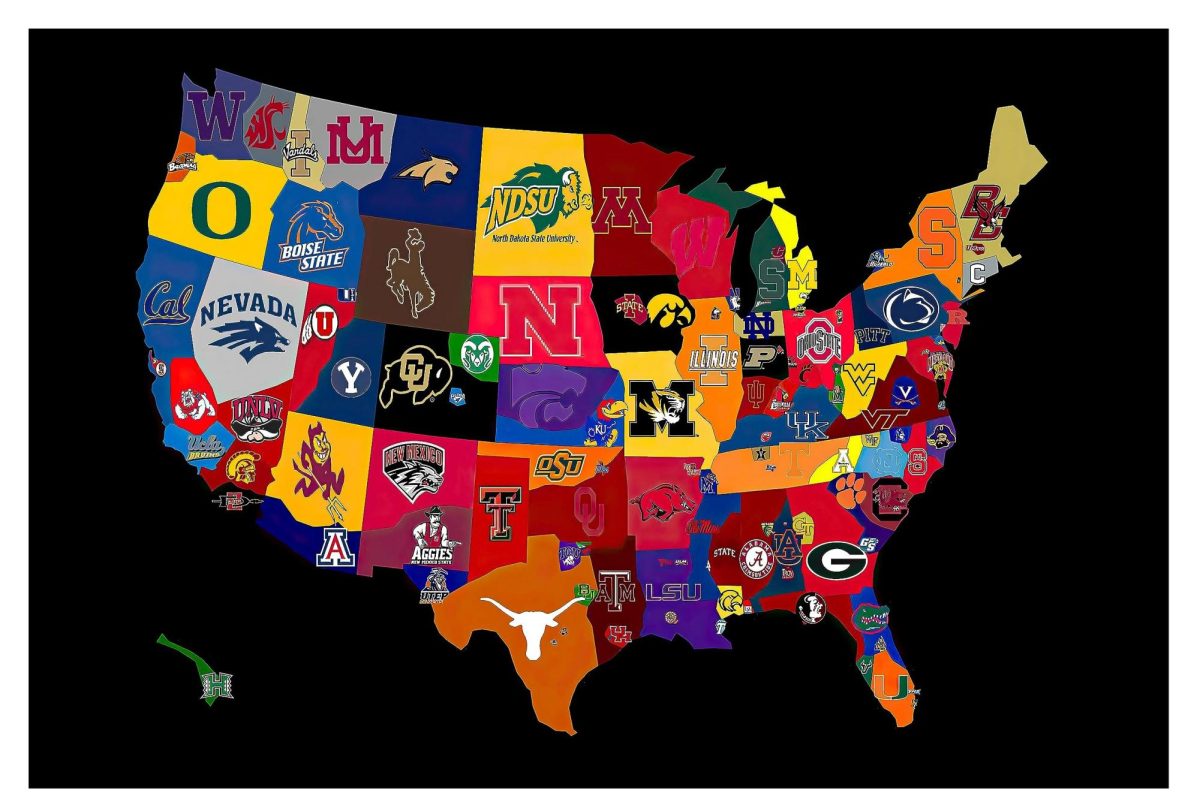College football has been an amateur sport (a non-professional, unpaid sport) since 1869, but for the first time, student-athletes are allowed to make money from their personal brand. On July 1st, 2021, the NCAA implemented an interim policy on name, image, and likeness (NIL). College athletes are now making millions of dollars through endorsement deals, social media, and other marketing endeavors.
This means that colleges have been using this to find loopholes so they could pay players to play for them. High school players are now being offered immense amounts of money to play for certain colleges.
Some fans love the new rules surrounding NIL because they believe that they allow athletes to be fairly compensated. The rules allow players to benefit from the corporations that are using their names instead of the money going straight into the pockets of other businesses or university administration.
On the contrary, other fans hate the new rules because they give certain colleges unfair advantages and may shift college sports from being about school spirit and education to becoming over-commercialized, blurring the line between amateur and professional football players in paid positions.
Freshman, Moe Woll, an avid Michigan fan, sees the new rules as a step in the right direction for college football. “I am a little bit biased because I am a Michigan fan, but I really like the new rules. We were able to flip Bryce Underwood’s commitment with 10.5 million dollars of NIL money.” While acknowledging that wealthier schools have more of an advantage, Woll pointed out that these rules are more fair for the players themselves. “Even though some colleges have an advantage, it’s more fair for the players because they are being compensated for their hard work and their image instead of being like, used by colleges and companies. It also helps players a lot because most college players don’t make it to the NFL so it is helpful for them to make some money in college.” Overall, Woll believes NIL deals are a positive change for college football, giving players fair compensation for their hard work and image. While schools with higher budgets may have an advantage, Woll feels the rules are beneficial, especially for players who may not make it to the NFL, allowing them to earn money during their college careers.
Not all fans are as enthusiastic about NIL as Moe Woll. Michigan State enthusiast Ries Tuttle is strongly opposed to these new rules. “I’m not the biggest fan of NIL. I think it has ruined college football,” he said. Tuttle is specifically frustrated with the lengths that schools will go to secure recruits, pointing to Michigan’s previously mentioned 10.5 million dollar deal with Underwood. “To me, that is insane,” he said. Tuttle also believes that NIL has shifted recruit’s priorities when it comes to choosing colleges. “Back in the day, they chose their college based on the environment, academics, and most of all how it would help them become a better player, but now it is based on one thing: Money.” Tuttle believes that NIL has fundamentally changed college football for the worse, making money being the priority over academics or player development.
The debate over NIL deals is causing a significant divide between college football fans. While supporters of NIL praise the new rules for fairly compensating athletes and providing them with financial opportunities, critics argue that NIL is shifting priorities, giving unfair advantages to colleges with higher budgets, and ruining the game. No matter what side of the argument fans are on, everyone is watching closely to see how NIL rules will change and how they will affect college football.









